Casting Drawing
LK Die Casting Machine / 2024-08-12 14:26:46
2024-08-12 By Cherry
Casting drawings play a vital role in the manufacturing
industry, especially in the field of die casting.
It is not only a bridge between product design and
manufacturing, but also a key tool to ensure that castings
can be accurately formed and meet quality requirements.
In this article, we will explore the drawing, reading,
and application of casting drawings in actual production,
and combine the relevant information of "LK Die Casting Machine",
a top 10 aluminum casting manufacturer in the world, to
help you better understand the role and importance of
the casting drawings.
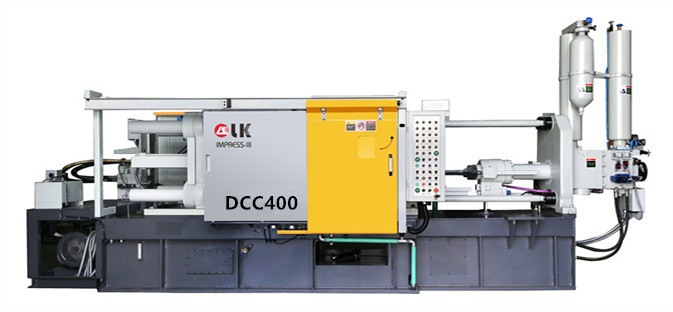
1. Basic knowledge of casting drawings
Casting drawings are technical documents used to describe
the geometric shape, size, tolerance, material, and technical
requirements of products. It usually includes the following
key elements:
(1). Geometry: This is the most intuitive part of the casting
drawing, showing the shape, size, and relative position
of each part of the product.
The accurate expression of geometry is the basis for
ensuring that the casting meets the design requirements.
(2). Dimensioning: Dimensioning clarifies the size and proportion
of each part of the casting. Accurate dimensioning helps
production workers to strictly follow the design requirements
for processing.
(3). Tolerance: Tolerance defines the allowable dimensional
deviation range to ensure that the casting meets the use
requirements even if there are slight errors in the
manufacturing process. A reasonable tolerance setting is
very important for controlling product quality and cost.

(4). Material requirements: Casting drawings usually indicate
the required materials, such as aluminum alloy, zinc alloy,
etc., to ensure that the finished product has suitable
physical and mechanical properties.
(5). Technical requirements: In addition to geometric shape and
size, casting drawings may also include technical details
such as surface treatment, heat treatment, assembly requirements,
etc., which have a direct impact on the performance and life
of the final product.
2. How to draw casting drawings
Drawing casting drawings is one of the important responsibilities
of design engineers. The following are several key steps to
draw casting drawings:
(1). Determine design requirements: Before drawing drawings, you
first need to clarify the function, use environment, and
the expected service life of the product. These requirements
will directly affect the design of the drawings.
(2). Choose the right view: It is usually necessary to use multiple
views to fully display the shape of the casting, such as the
main view, top view, side view, etc. The selection of views
should take into account the complexity of the casting and
the requirements of the manufacturing process.
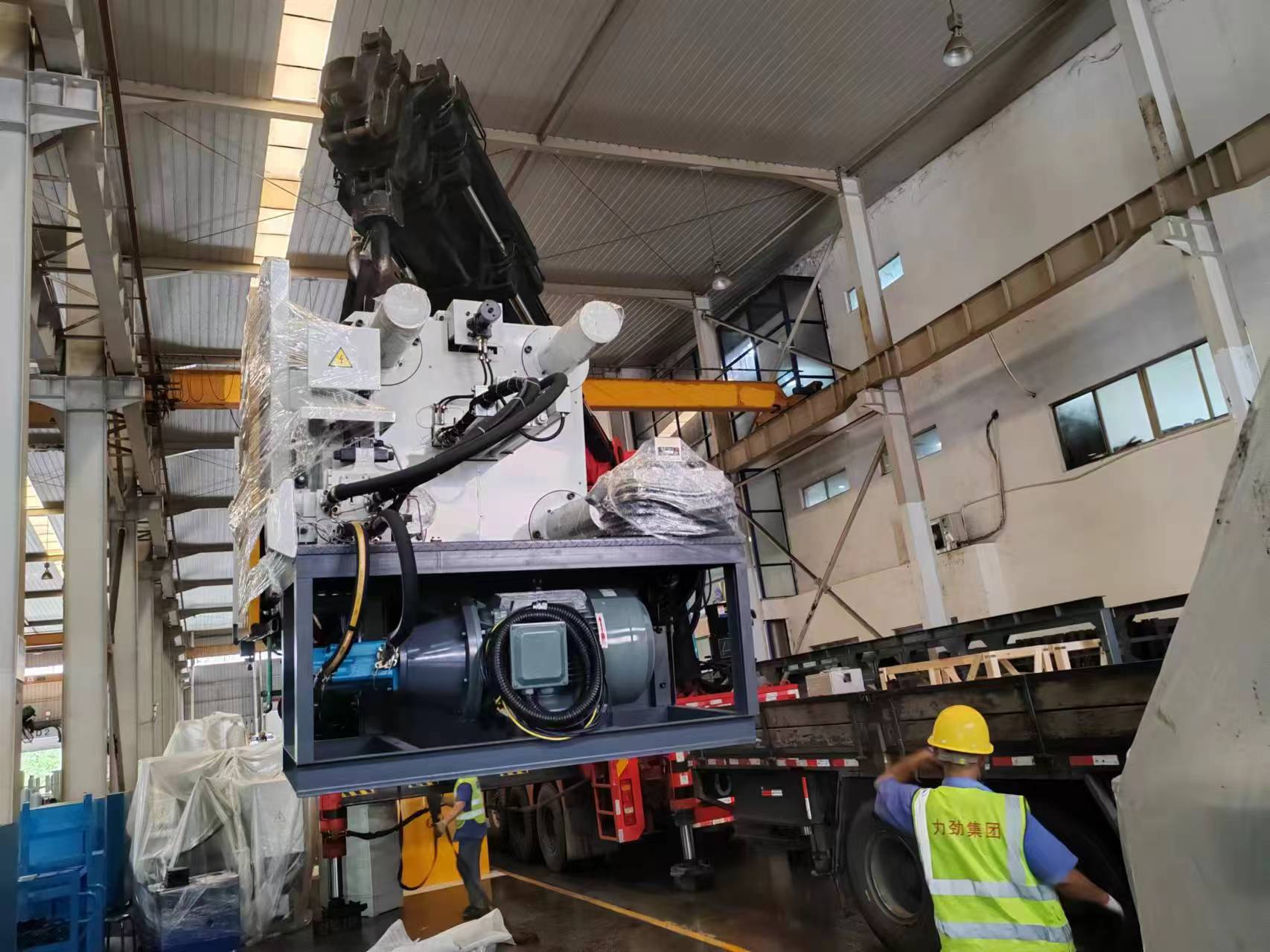
(3). Marking dimensions and tolerances: After determining the view,
the next step is to mark dimensions and tolerances.
This step requires the designer to have a certain knowledge
of the manufacturing process to ensure that the markings
on the drawings can be implemented in actual production.
(4). Material and process description: Clearly mark the required
materials and specific process requirements on the drawing,
such as the required surface treatment, heat treatment method,
etc.
(5). Check and verify: After drawing, the drawing needs to be
repeatedly checked and verified to ensure that there were
no omissions or errors. In particular, for key dimensions
and tolerances, their rationality, and manufacturability
need to be carefully checked.
3. Reading and interpretation of casting drawings
For production workers, it is crucial to correctly interpret
casting drawings. Here are some tips and precautions for
reading drawings:
(1). Understand the views: First of all, you must be able to
correctly understand the various views on the drawings,
and clarify the content of each view and the relationship
between them.
(2). Pay attention to dimensions and tolerances: Workers need
to pay special attention to dimensioning and tolerance
ranges to ensure that they meet the requirements of the
drawings during processing.
(3). Understand material requirements: Material requirements
directly affect the processing technology and final performance
of castings, so they must be understood and implemented
accurately.
(4). Follow technical requirements: The technical requirements
section often includes some special processing processes,
which need to be strictly followed in accordance with the
instructions on the drawings.
4. Application of casting drawings in die casting
In the die casting industry, casting drawings are particularly
widely used. Die casting is a manufacturing process that
injects molten metal into a mold under high pressure to
form a mold quickly. The role of casting drawings in the
die casting process is mainly reflected in the following
aspects:
(1). Mold design: The casting drawings provide detailed geometric
shape and size requirements for mold design to ensure that
the mold can produce castings that meet the design requirements.
(2). Process control: The tolerances and technical requirements
on the drawings provide a reference for process control,
helping production workers adjust the parameters of the
die casting machine to achieve the best finished product
quality.
(3). Quality inspection: After the casting is produced, the
quality inspection department will inspect the finished
product according to the drawings to ensure that it meets
all design requirements. Here, "LK Die Casting Machine" is
an industry-leading die casting equipment, its precision
control and high stability can better meet the accuracy
requirements of casting drawings.
(4). Improvement of production efficiency: Using casting
drawings can help factories complete the production of
complex products in a short time, especially in combination
with advanced die casting equipment, such as one top 10
aluminum casting manufacturers in the world "LK Die Casting Machine",
which can significantly improve production efficiency and
reduce defective rates.
5. Combination of LK die-casting machine and casting drawings
As top 10 aluminum casting manufacturers in the world, the
"LK die-casting machine" has been widely used in casting
production due to its advanced technology and excellent
performance. Combined with the use of casting drawings,
the advantages of LK die-casting machine are mainly reflected
in the following aspects:
(1). High precision: The LK die-casting machine has a high-precision
control system and can produce strictly to the requirements
of casting drawings to ensure that every detail meets the
design standards.
(2). High level of automation: The high level of automation of
LK die-casting machine makes casting production more efficient,
especially in mass production, its stability and consistency
have been recognized by the industry.
(3). Intelligent operation: LK die-casting machine is equipped
with an intelligent operating system, that can automatically
adjust production parameters according to the parameters
of casting drawings and reducing errors caused by human
intervention.
(4). Energy saving and environmental protection: Modern casting
production has higher and higher requirements for environmental
friendliness. As one top 10 aluminum manufacturers in the
world, LK die-casting machine reduces energy consumption
in casting production by optimizing energy consumption design,
while reducing the scrap rate, which is in line with the trend
of green manufacturing.
VI. Summary
Casting drawings are an important tool in casting production.
From design, and manufacturing to quality inspection, every
link cannot be separated from its guidance. Whether it is a
design engineer or a production worker needs to master the
skills in drawing and interpreting casting drawings.
In the field of die casting, especially when using advanced
equipment such as "LK die casting machine", accurate casting
drawings can greatly improve production efficiency and ensure
product quality.
With the development of technology, the trend of digitalization
and intelligentization of casting drawings will become more
and more obvious. How to use these new technologies to further
improve the accuracy and practicality of drawings will become
an important topic in future casting production.
Through continuous learning and practice, you will be able
to better grasp the essence of casting drawings and be at
ease in actual production.
If you have more questions about casting drawings or
die casting processes, please feel free to contact professionals
for more information.
For more info, you can refer to: https://www.youtube.com/shorts/JLX410QV_kw
To learn further info about Die Casting Machines,
pls contact LK Die Casting Machine Official Agent
LK OFFICIAL AGENT OFFICE DCM
LK Die Casting Machine Official Agent for Egypt(EGY),
Saudi Arabia(ksa),United Arab Emirates(UAE),
the Islamic Republic of Iran(Iran), Qatar(QAT),
the State of Kuwait(Kuwait)
Address: Industry Zone, South of Port Said Kebly, Egypt
https://www.zazdiecasting.com/
Phone/WhatsApp/Wechat: +86 13598704163
Mobile: +20 101 304 3317 +20 150 181 8310
Email: jack@zazmae.com ahmedmahmoud@zazmae.com
OTHER CONTENT
-
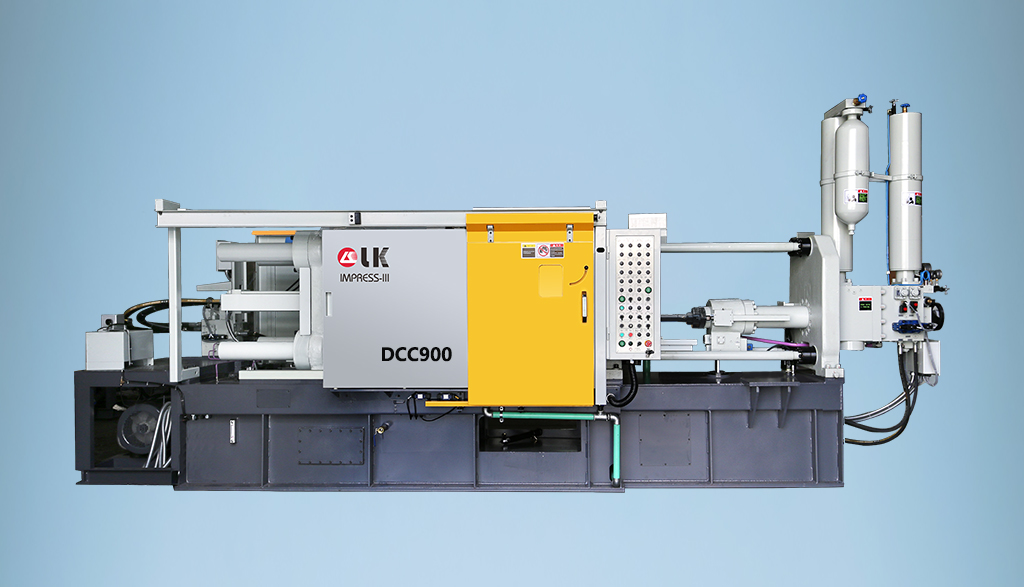
2024-09-19 14:16:15 LK Cold Chamber Die Casting Machine DCC900 Locking Force: 9000KN Die Height: 400-1000mm Space Between Tie Bars: 930x930mm Shot Weight: 13.5Kg Casting Area Max:2250c㎡
More -
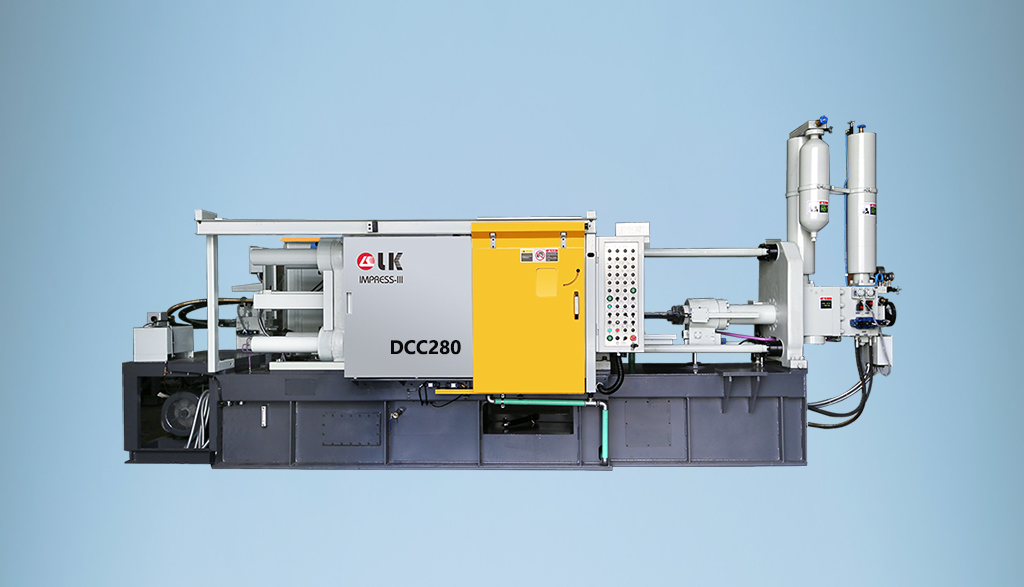
2024-09-19 14:11:06 LK Cold Chamber Die Casting Machine DCC280 Locking Force: 2800KN Die Height: 250-650mm Space Between Tie Bars: 560x560mm Shot Weight: 2.9Kg Casting Area Max:700c㎡
More -
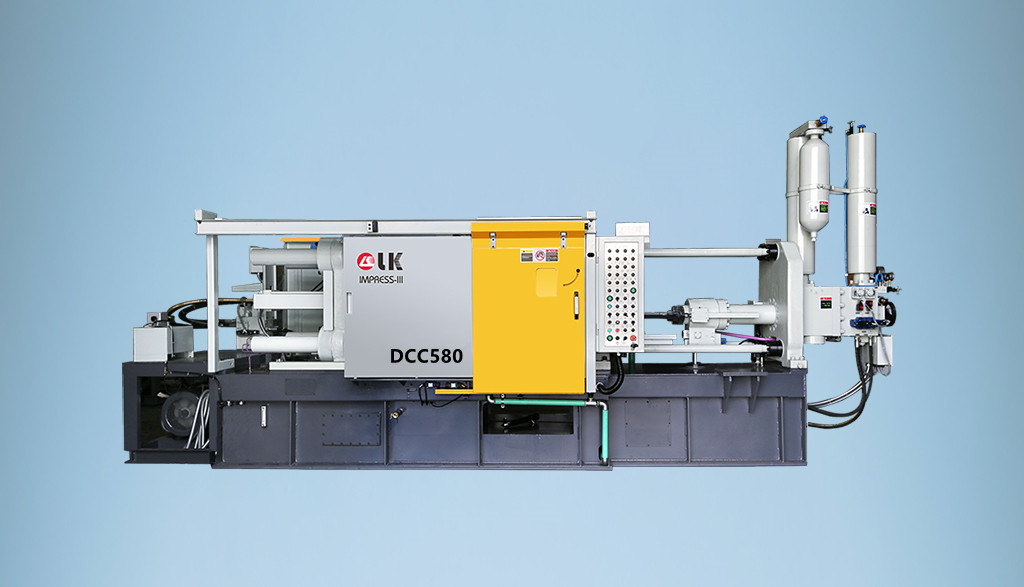
2024-09-19 10:23:07 LK Cold Chamber Die Casting Machine DCC580 Locking Force: 5000KN Die Heigh: 350-850mm Space Between Tie Bars: 760x760mm Shot Weight: 6.9Kg Casting Area Max:1250c㎡
More -
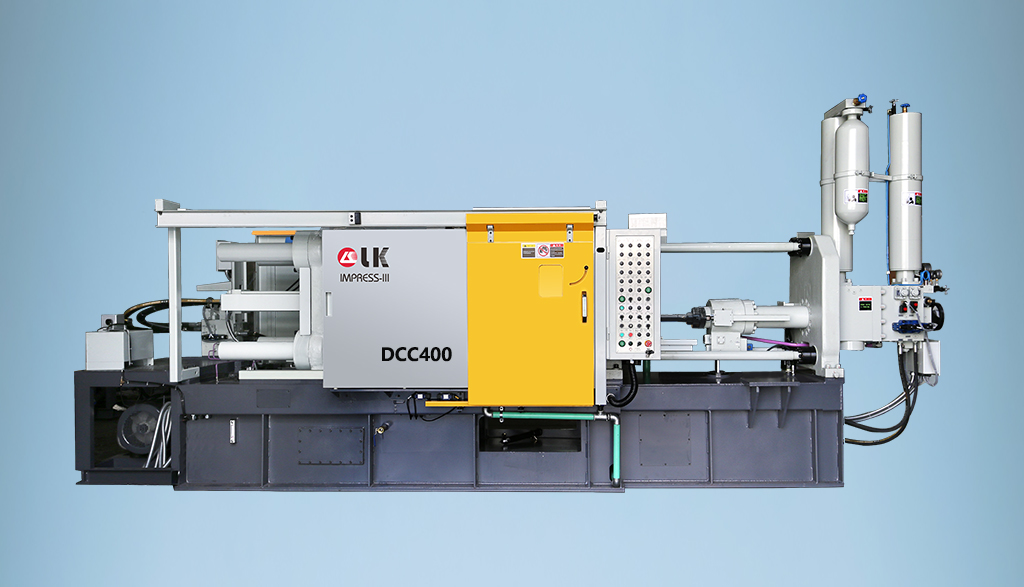
2024-09-19 10:11:20 LK Cold Chamber Die Casting Machine DCC400 Locking Force: 4000KN Die Height: 300-700mm Space Between Tie Bars: 669x669mm Shot Weight: 4.7Kg Casting Area Max:1000c㎡
More

